


Curriculum Connections &
Standards Alignment
All products and learning content within the Forward Education ecosystem are deeply rooted in STEAM (Science, Technology, Engineering, Arts, and Mathematics) learning principles.
Ranging from direct curriculum connections to broader subject-alignment and skill development opportunities, our learning content is designed to support educators in meeting key learning objectives across a range of subjects and grade levels.
View Alignment by Product
Product Catagory
Coding & Robotics
Climate Action Kit
STANDARDS-ALIGNED
As our flagship product, the Climate Action Kit includes a library of comprehensive, standards-aligned lessons.
Every lesson within the Climate Action Kit's extensive library is meticulously aligned to specific performance expectations as outlined in the standards listed below.
National & International Standards
NGSS: Next Generation Science Standards
CCSS: Common Core State Standards for Mathematics
ISTE: International Society for Technology in Education Standards
CSTA: Computer Science Teachers Association K-12 Computer Science Standards
CCTC: Common Career Technical Core Standards
Regional Standards
Alberta Science
Alberta Math
Alberta Social Studies
Ontario Science
Ontario Math
Pennsylvania STEELS
Virginia Computer Science
Oregon Science
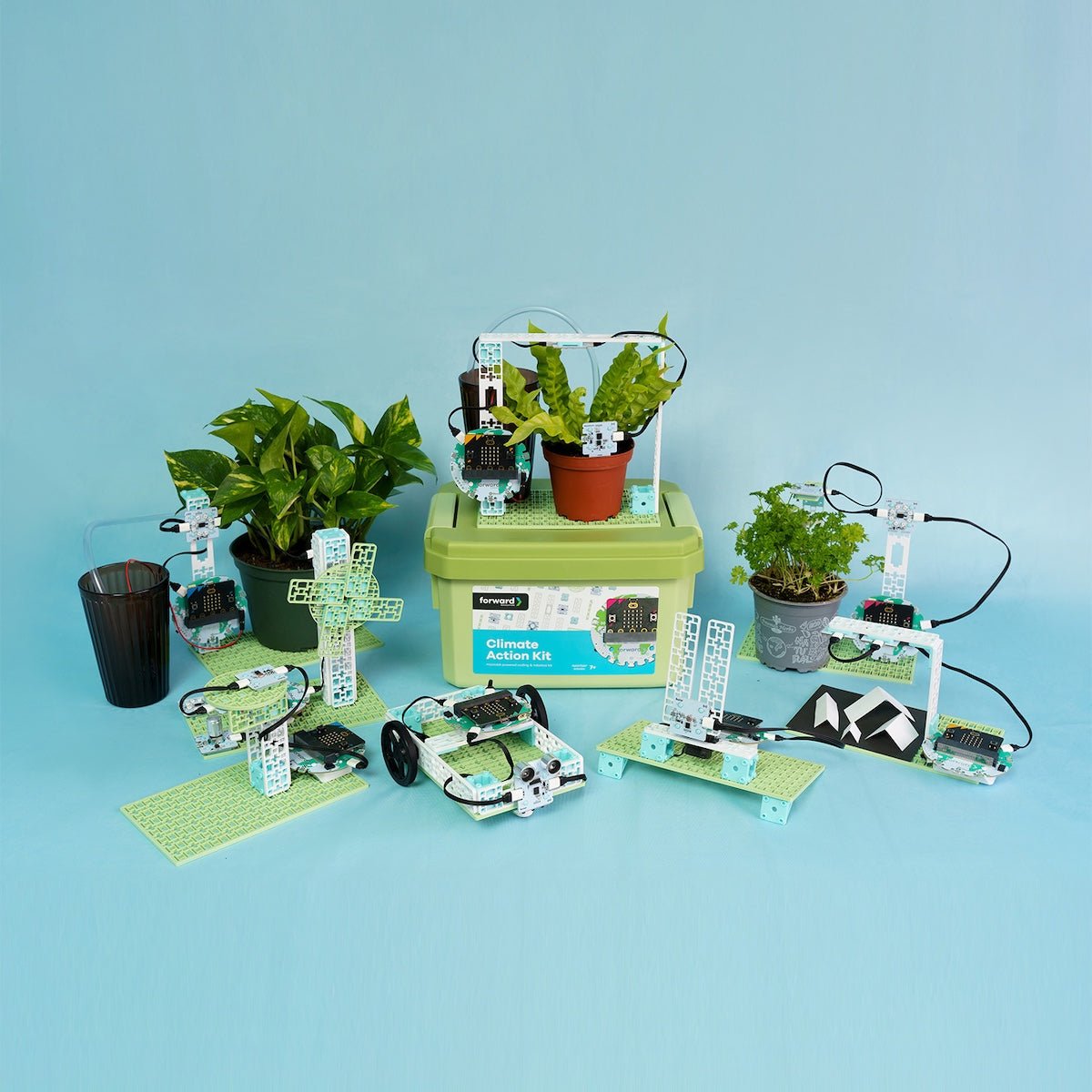
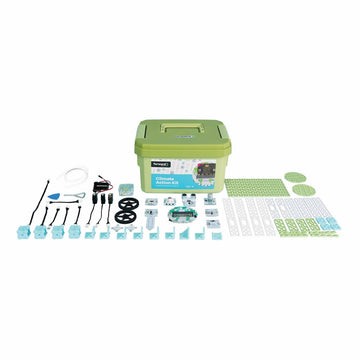
$225.00
CHARGE for micro:bit
SUBJECTS-ALIGNED
CHARGE for micro:bit empowers students to engage with real-world data collection, wearable technology, and the principles of physical computing, making it a versatile tool for various subjects and project-based learning.
Through beginner, intermediate, and advanced projects, students develop key skills applicable across disciplines, including:
Engineering Design & Prototyping
As a portable power source for any micro:bit-based project, CHARGE empowers students to apply the engineering design process to create and refine their own wearable devices. They will learn to integrate hardware and software, fostering physical computing skills as they bring their inventions to life.
Data Analysis
By taking the micro:bit outdoors, students can collect and analyze real-world data from the various built-in sensors. Through this, they will develop skills in scientific inquiry, data interpretation, critical thinking, and drawing evidence-based conclusions relevant to science and mathematics.
CodeCTRL for micro:bit
SUBJECTS-ALIGNED
CodeCTRL offers an exciting and accessible entry point into creative coding and game design, making it particularly well-suited for early learners (K-3) as well as integrating seamlessly into various subjects in Grade 4+.
Students will develop foundational skills in:
Computer Science
Using MicroCode–a graphical programming language–students can engage with core programming principles such as algorithms, sequence, events, variables, etc. This intuitive and visual approach to coding allows young learners to grasp complex concepts and develop computational thinking skills before they’ve developed strong literacy skills.
Interactive Game Design
Students can design their own video games with Microsoft’s MakeCode Arcade, then bring them to life on a real handheld device using CodeCTRL. This hands-on process will cultivate creativity, systems thinking, and an understanding of UI/UX design principles, bridging computer science with the arts.

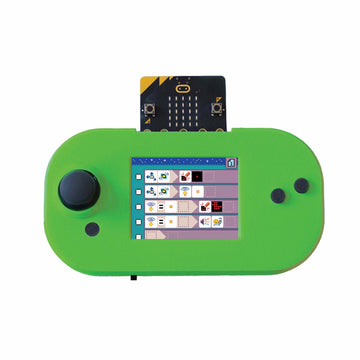
$55.00
Product Catagory
Workforce Skills Tech



Smart Hydroponics Kit, Smart Solar Energy Kit, Smart Soldering Kit
SUBJECTS-ALIGNED
Our Workforce Skills Tech kits offer hands-on experiences that introduce scientific concepts in the early years and seamlessly transition to building workforce readiness skills for Middle and High School students, aligning with crucial Career and Technical Education (CTE) pathways.
CTE Pathway & Subject Alignment
Each of these kits are powerful tools for developing in-demand skills relevant to future careers. Projects in these kits align with specific CTE pathways and support subject-specific learning in areas such as:
Agriculture
Students can engage with the Smart Hydroponics Kit to explore and develop practical skills in plant science, sustainable food production, agricultural technology and automation, and food processing, preparing them for careers in modern agriculture.
Energy & Natural Resources
The Smart Solar Energy Kit enables students to delve into the world of clean and alternative energy sources through solar system design and installation. This will prepare them for in-demand roles within the growing energy sector, focusing on sustainable power solutions.
Advanced Manufacturing
Through the Smart Soldering Kit, students develop essential skills in electronics assembly, quality control, and prototyping. These proficiencies are foundational for various career pathways within advanced manufacturing.
Digital Technology
All Workforce Skills Tech kits facilitate learning in crucial areas of the digital technology sector. Students gain skills in data science through collecting and analyzing sensor data, IT support & services by understanding system components and troubleshooting, and foundational concepts in software development through programming microcontrollers for their projects.
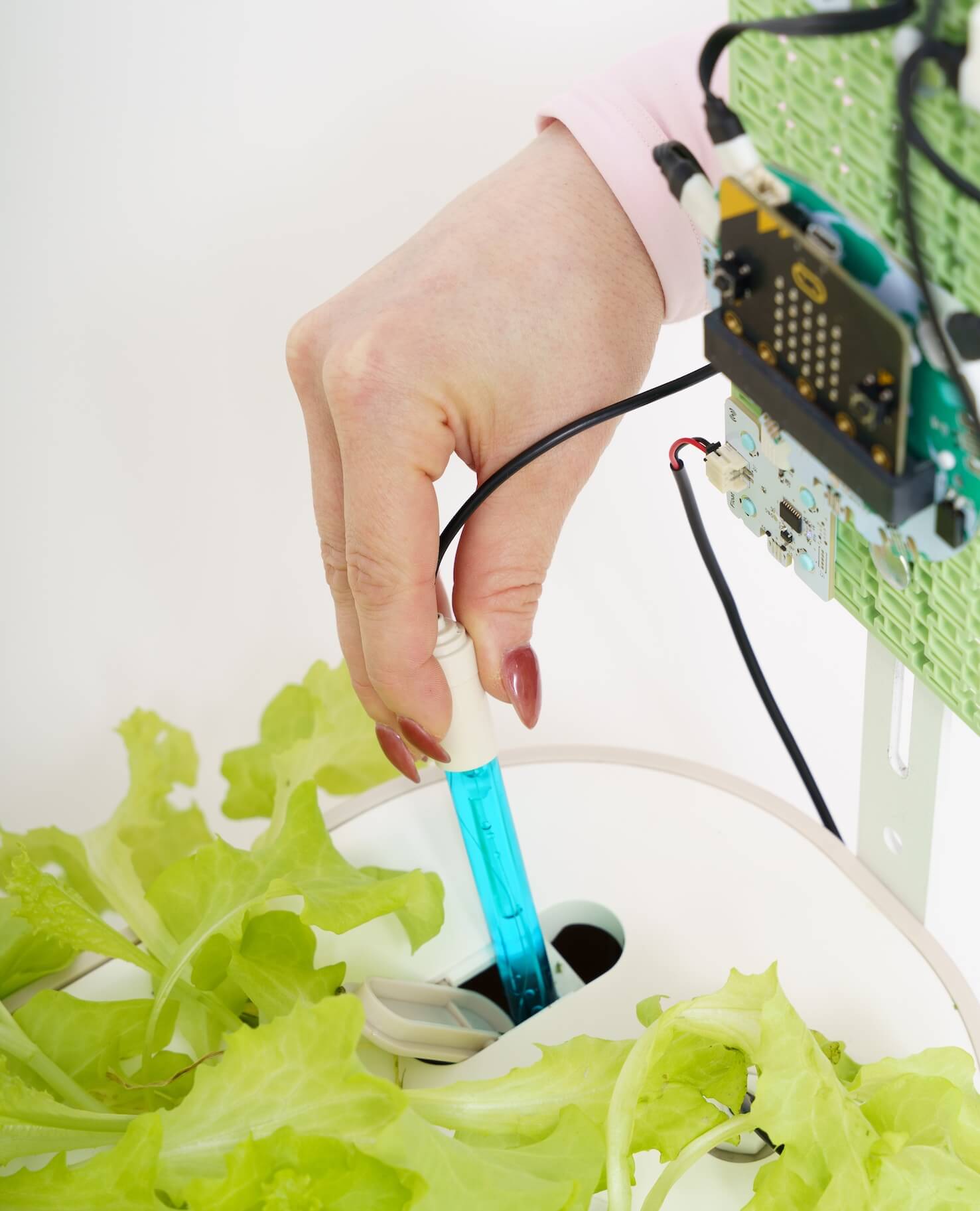
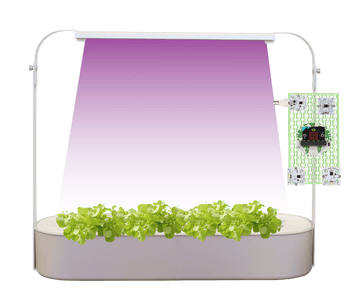
$225.00
Product Catagory
Makerspace Tools
3D Printers, Laser Cutters & Engravers, Electronic Cutters
SUBJECTS-ALIGNED
Our Makespace Tools empower students to bring their ideas to life through hands-on design and fabrication.
These tools foster creativity, problem-solving, and foundational skills critical for innovation across all grade levels, supporting learning in various subjects. Students using our Makespace Tools will develop proficiencies in:
Design Thinking
Students learn to approach challenges creatively through the iterative process of ideation, prototyping, testing, and refining solutions. This human-centered approach prepares them for complex problem-solving in any field.
Fabrication & Prototyping
Students gain hands-on experience in bringing digital designs to life by transforming materials using various tools. They learn about material properties, manufacturing processes, and the importance of creating functional prototypes for testing and improvement.
Spatial Reasoning & Visualization
Through 3D modeling and physical construction, students develop the ability to comprehend and manipulate objects in three-dimensional space. This enhances their understanding of perspective, volume, and how two-dimensional designs translate into tangible objects.
Geometric & Measurement Principles
Makerspace projects require students to apply mathematical principles of geometry, measurement, and scale. They learn about precision cutting, accurate dimensions, and how geometric properties influence the function and aesthetics of their designs.
Computational Thinking & Digital Literacy
Students develop computational thinking skills by understanding how digital designs are translated into machine instructions for 3D printers and laser cutters. They also gain digital literacy in using CAD software, preparing files, and managing digital workflows.
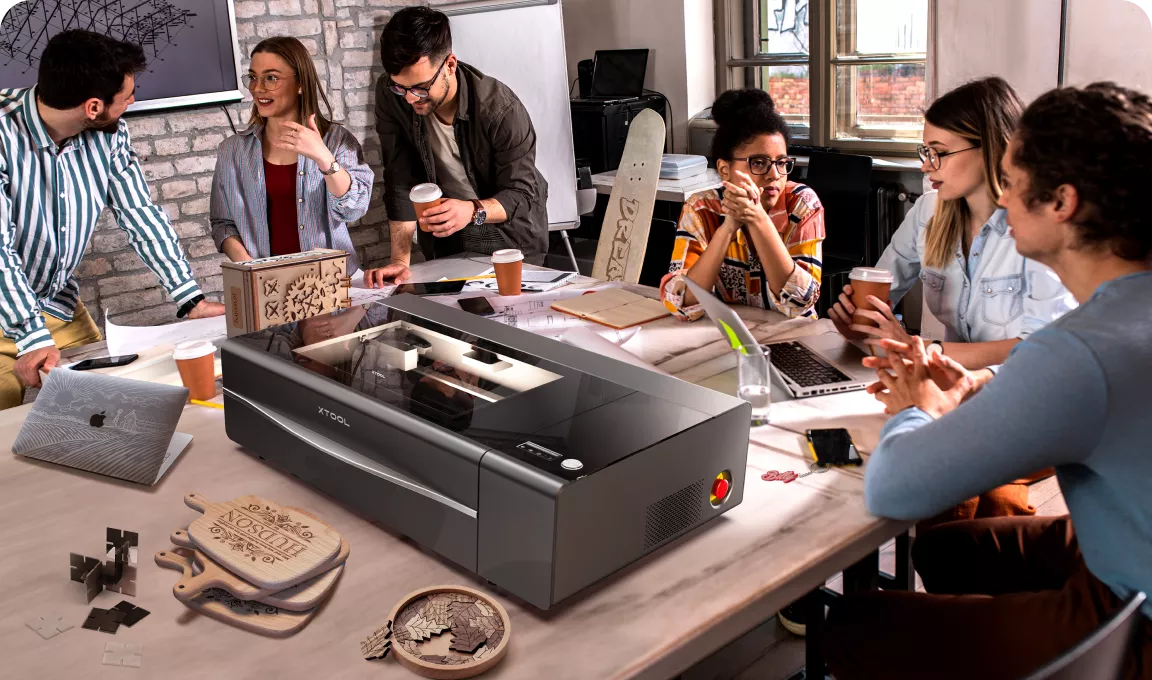
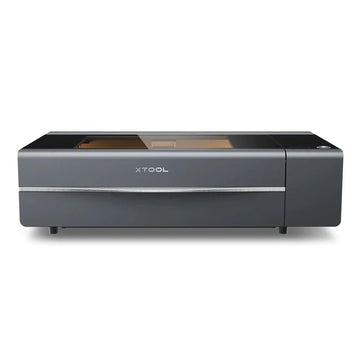
$4,499.00



















































